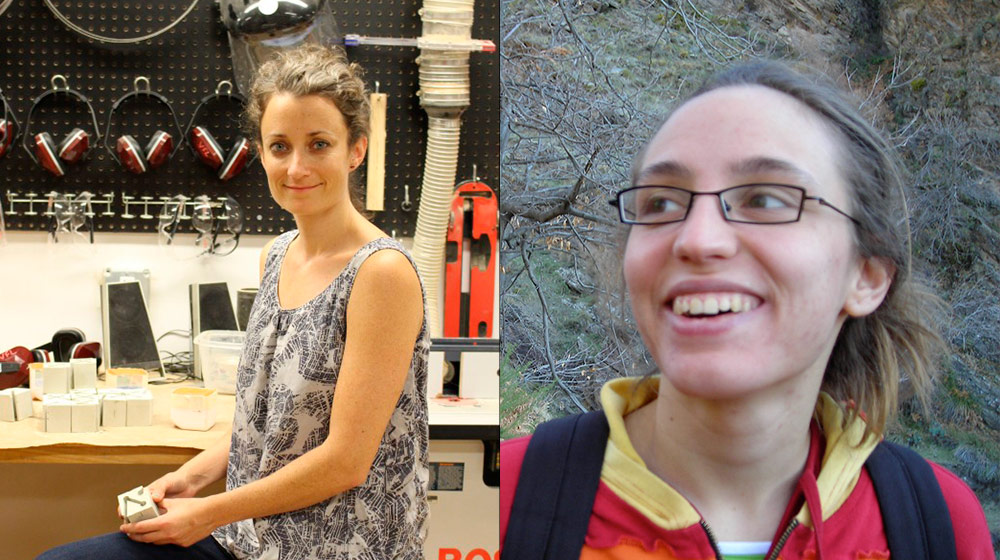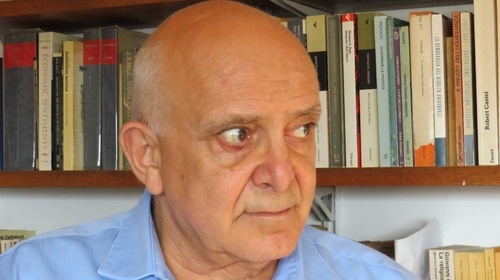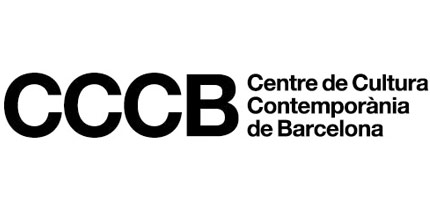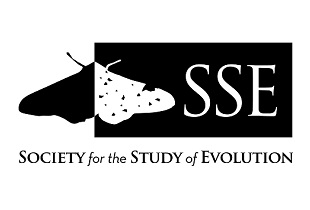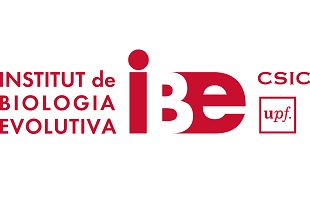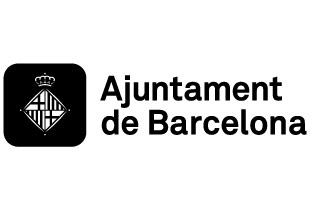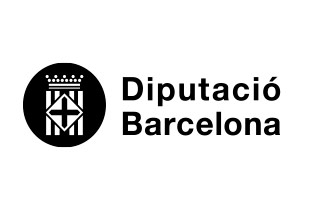Thinking about Evolution Today
Conversation with Elizabeth Hénaff and Núria Conde
The Urban Microbiome
Debate
In this session, Elizabeth Hénaff and Núria Conde, two biologists who are experts in the complexity of the interactions between living systems, will present us with a new way of looking at cities and their constituent parts.
Microorganisms can only be observed through a microscope, but the fact that they are invisible to the naked eye does not mean they are irrelevant to our daily lives. Biologist specialized in bioinformatics Elizabeth Hénaff has studied the microorganisms of urban environments, and she has pointed out the importance of our interaction with these species when it comes to understanding cities in terms of health, wellbeing, and social inequality. Humans are not just a handful of genes; we are also the result of coexisting with the microorganisms around us. Studying them offers new challenges for scientific research and for how we design and think about cities.
What can microorganisms tell us about the urban fabric? What role does technology play in our understanding of these invisible life forms? What role should the study of microorganisms play in the design and planning of cities when it comes to addressing issues such as pollution or the lack of green space?
This activity has been organised in the context of the international meeting EvoKE BCN 21, Evolution everywhere which will take place in Barcelona from 22 to 24 November.
Participants: Elizabeth Hénaff, Núria Conde
This activity is part of Thinking about Evolution Today
Related contents
Elizabeth Hénaff and Núria Conde
The Urban Microbiome
Humans are not just a handful of genes; we are also the result of coexisting with the microorganisms around us. Studying them offers new challenges for scientific research and for how we design and think about cities. The biologists Elizabeth Hénaff and Núria Conde, who are experts ...
